Spring 2014
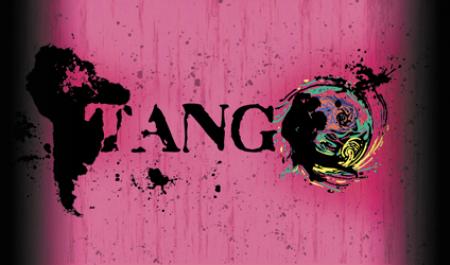
Forget the rose-in-the-mouth cliché, and discover how tango relates to art, activism, and even therapy. We will analyze films, advertising, theater, poetry, art, documentaries, material culture, digital art forms, and public protests to examine the production, consumption, and diffusion of meaning found in global cultural narratives related to Argentine tango. Students will learn how tango […]
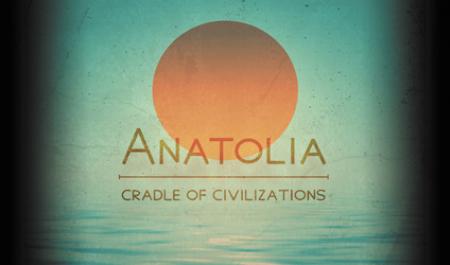
In this cultural excursion we will explore literary and artistic highlights of the diverse cultures that have flourished in the concise landmass of ancient Anatolia (modern Turkey) —Paleolithic and Neolithic habitation, Hittites, Amazons, Assyrians, Hebrew Biblical, Troy, Phrygia, Lydia, Lycia, Ionian Greeks, Roman, early Christian, Byzantine, Ottoman. Textbooks provide historical background; and art, architecture, poetry, […]
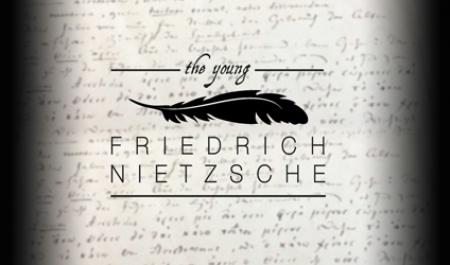
The youthful interests of Friedrich Nietzsche permeate his later work, for which the critical-creative writer is most widely known. We will first consider his early experiences, memories, illustrations, piano compositions, poetry, and prose, including his first major published writing, The Birth of Tragedy out of the Spirit of Music, and university lectures on the pre-Socratics. […]
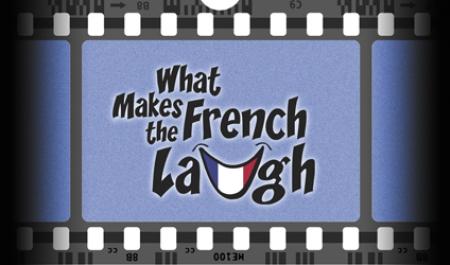
What makes the French laugh? Why do the French like Jerry Lewis (and other comedians such as Charles Chaplin) so much? Why does Hollywood remake so many French comedies? This interactive seminar responds to these questions by examining the comic and humor techniques used in French cinema throughout the years. In addition to watching and […]
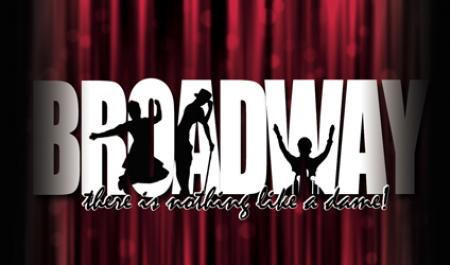
There Is Nothing Like a Dame! celebrates the women of Broadway who wrote the scripts, composed the songs, penned the lyrics, designed, directed, choreographed, and starred in classics of the American musical theater. The seminar introduces the women of the Golden Age of musical theater who paved the way for the women now working on […]
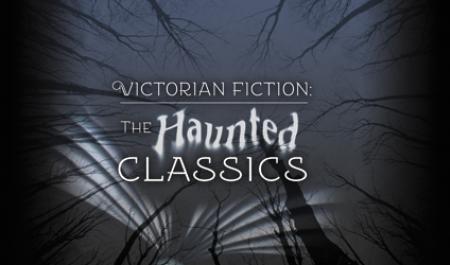
England during the reign of Victoria is famous for industrial, scientific, and technological advances, as well as sexual repression. But it was also an era when the ghost story – and its extensions in longer fictions during one of the heydays of the English novel – flourished in print just as old traditions about the […]
